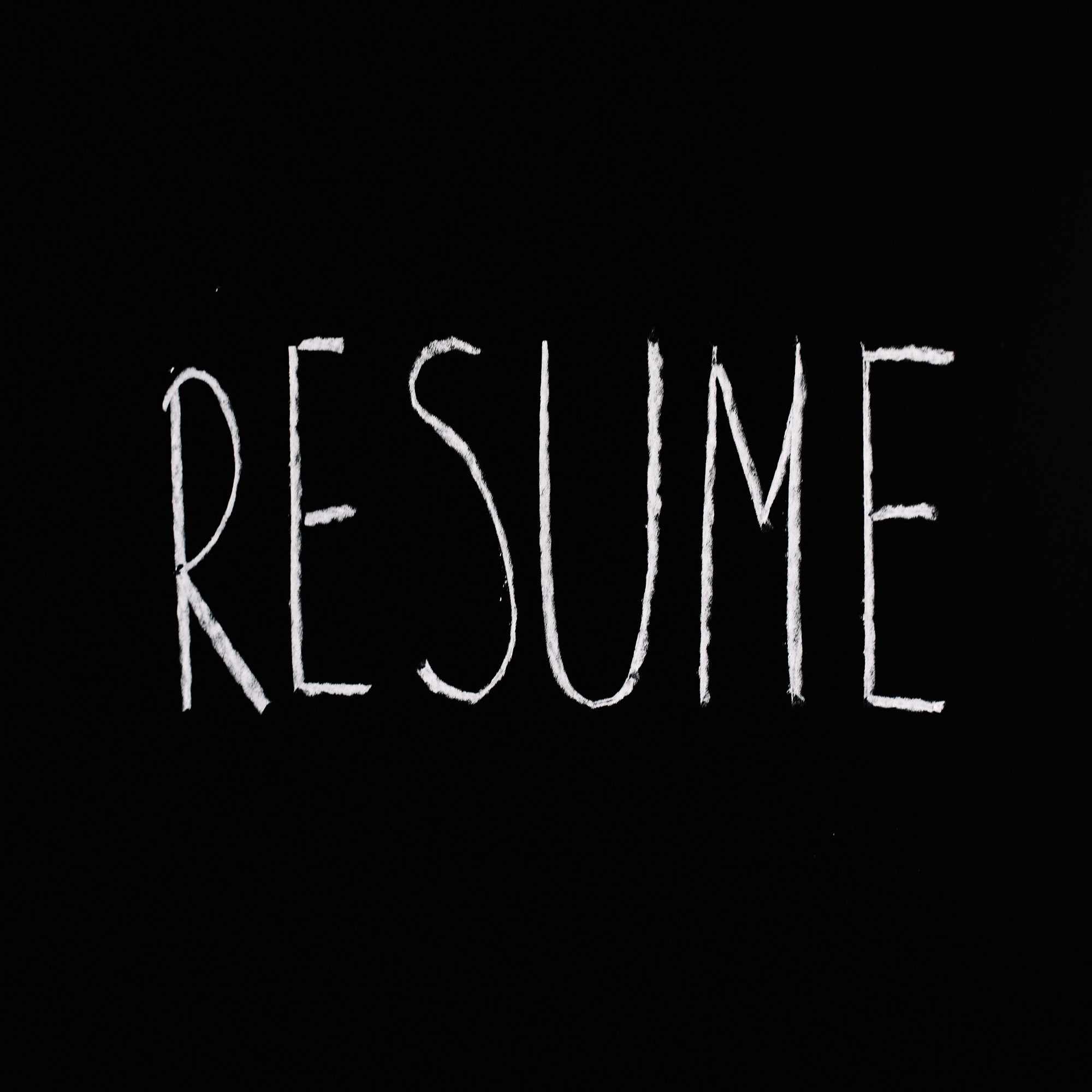A backup plan is something we hear we should have when pursuing anything. It sounds pessimistic. It is if you think about it. We sit and plan this grand plan for ourselves and get excited. We feel we are ready for the challenge. At this moment, we choose to share our plans with the world. All we hear is “Well, you better have a backup plan”, “What is your plan B?” and “What is your second choice if that doesn’t work out?”. This scenario is not exactly a pep rally, is it? No, it is the exact opposite, but it is successful in doing two things.
The first thing is it tapers our confidence in succeeding at what we set out to accomplish. Secondly, it has us wander off in a different direction than we should. Nothing is positive in this scenario. We are going to discuss what a plan B is for and when we should give it the time of day.
A backup plan or a Plan B is an alternative strategy. We tend to think of Plan B as more of a second Plan A. If we do create a Plan B, it has nothing to do with Plan A. We want to become a Doctor. A doctor is plan A but becoming a Movie Director is Plan B. Plan A is becoming a multimedia mogul so, we go to college to major in Finance so we can work on Wall Street as a backup plan. The skills in each industry take time to acquire and they are not transferable to the other.
When we sit down to come up with a grand plan and decide to have a backup plan, we should make sure the skill sets between the two are related. Related skill sets will allow us to continue pursuit of plan A. It will enable us to resume our efforts in what we want to do. We made it plan “A” for a reason. Now that we know the real definition of “Plan B” we should look at it differently. Plan B should always lead us back to the goal of Plan A. This alternative strategy should allow us to continue to hone the skills that will grant us the ability to thrive in our desired destination. Plan B should give us time to dabble in Plan A. Does your Plan B make sense? Is it an efficient choice?
Let’s say our backup plan does make sense. When should we use it? Well, we have to have given plan A years. If it sounds like a lot then that confirms we haven’t done enough. Nothing comes instantly. Time is the ultimate weeding out process. Success comes to those who work but also those who wait. Not many of us want to live the conservative cookie-cutter life of schooling, 40 years of work and retiring financially stable. Regardless of that feeling, we choose the norm over giving Plan A 5 to 10 years. That leaves 30 years for us to go to our alternative plan and work our way back for another try. What do we have to lose?
Pensions and 401K’s are fleeting in many jobs so, why not spend your working prime pursuing what you want to do. You can manage your financial planning and live life as you see fit. Yes, there will be sacrifices, setbacks, and stressful moments but those are guaranteed no matter what life is chosen. Don’t spend too much of your working prime pursuing someone else dreams.
In closing, keep the ability to resume your pursuit. Most of us don’t realize that we go to college/certificate program/apprenticeship then spend time building a resumé after that to have something to “fall back on.” Well, that is a good 6 to 8 years you’ve given a plan B without pursuing plan A. This plan B is one that usually restricts us from Plan A. That is a dream killer. We have to make better decisions when it comes to our formula for success.
If we ever need to waver from our dream, we need to be sure our plan B allows us to say “Hi” to Plan A and not “See you later.” Money, mental health, or a readjustment period can all be reasons for utilizing our fallback plan, but some of the best advice in life is a simple but underused proverb “Always lookout for number one.”
Food for Thought…You do the Dishes!!!



